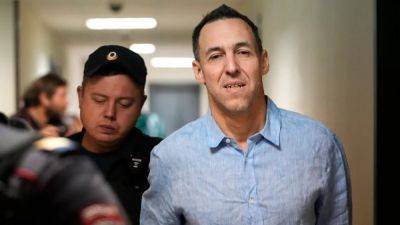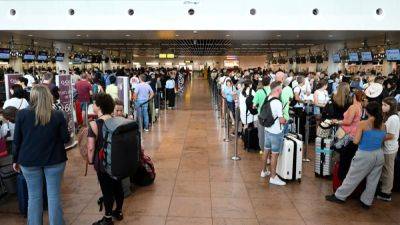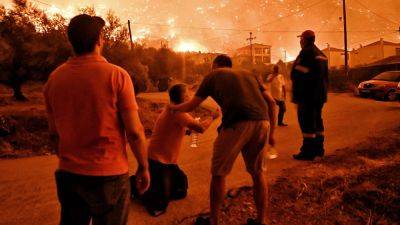Euroviews. What the year of wars and elections has revealed about European sentiment
Every five years, the European Union re-enacts the same drama. In its first act, political parties and candidates seek the voters’ attention by presenting the European Parliament election as a decisive battle for the future of Europe.
In the second act, all of them, for a while, look thoughtfully at the result — often quickly concluding it does not convey any clear message. Then, they return to business-as-usual activities, which is the drama’s third act.
Since the end of the summer, Brussels has been abuzz with politics. Ursula von der Leyen has been struggling to assemble her new Commission, while MEPs have been sharpening their swords ahead of the hearings of would-be commissioners.
In the midst of this tussle, it is easy to forget that some 182 million people — representing 51 per cent of the EU’s electorate — bothered to cast their votes in early June.
The most visible effect of their democratic engagement is the current composition of the European Parliament, with 720 MEPs owing their mandate to the voters’ support.
But the message that the European elections convey goes way beyond the question of how people voted. It would be reckless on the part of the European political class if they didn’t also reflect on who voted, who didn’t, and why.
Just like any other major shocks and events — from the COVID-19 pandemic to the wars in Ukraine and Gaza — this year’s European elections made it possible to observe, in action, how Europeans feel about Europe.
We believe that they have exposed three particularly important “blind spots” in the EU of today — understood as inconvenient topics that, despite resurging from time to time, tend to be left to one side until sudden events bring them inescapably to the fore.
First, these








